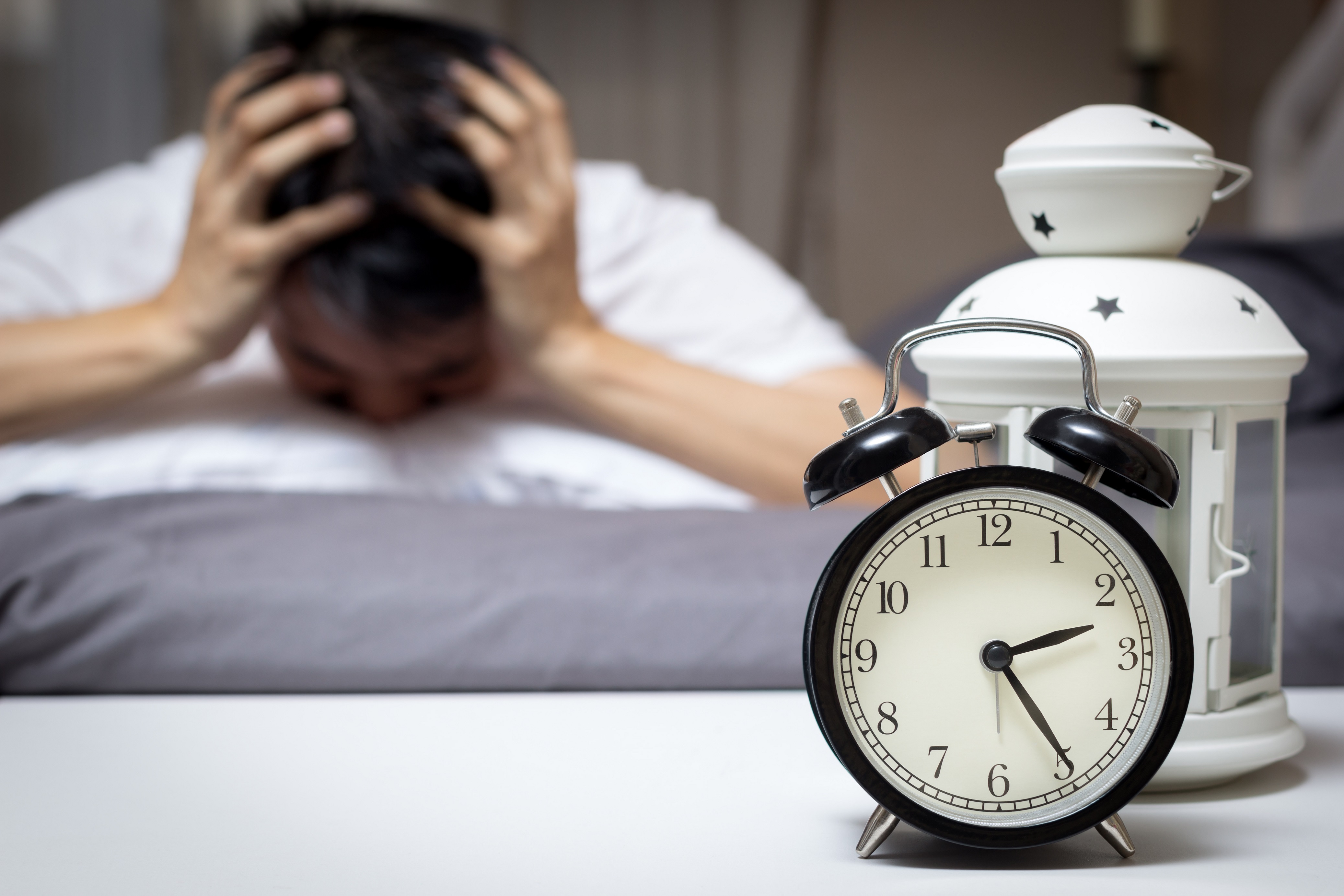Sleeping Too Much: The Hidden Danger to Parkinson's Patients' Brain Health
As the second most common neurological disorder after Alzheimer's disease, Parkinson's disease affects millions of people worldwide. While it is often associated with motor symptoms such as tremors and rigidity, research has revealed that sleep disturbances, including excessive daytime sleepiness and oversleeping, may pose a significant threat to brain health in Parkinson's patients. In this article, we will delve into the relationship between sleeping too much and brain health in Parkinson's patients, exploring the potential risks and consequences of excessive sleep.
Parkinson's disease is a complex condition characterized by the progressive loss of dopamine-producing neurons in the brain. This degeneration leads to a range of motor symptoms, including tremors, stiffness, and bradykinesia. However, the impact of Parkinson's disease extends far beyond motor symptoms, with research suggesting that sleep disturbances play a critical role in the progression of the disease.
One of the most significant risks associated with excessive sleep in Parkinson's patients is the development of cognitive impairment. Studies have shown that individuals with Parkinson's disease who experience excessive daytime sleepiness are more likely to develop cognitive decline, including problems with memory, attention, and processing speed. This is thought to be due to the disruption of normal sleep-wake cycles, which can lead to a decline in cognitive function.
Furthermore, research has revealed that excessive sleep can also contribute to the development of depression and anxiety in Parkinson's patients. Studies have shown that individuals with Parkinson's disease who experience excessive daytime sleepiness are more likely to develop depression and anxiety, which can have a significant impact on overall quality of life. In fact, one study found that approximately 50% of individuals with Parkinson's disease experience some form of mental health disorder, with depression and anxiety being the most common.
In addition to cognitive impairment and mental health disorders, excessive sleep has also been linked to an increased risk of falls in Parkinson's patients. Falls are a significant concern in Parkinson's disease, with research showing that they are a major cause of morbidity and mortality in individuals with the condition. Excessive sleep can lead to drowsiness and fatigue, increasing the risk of falls and potentially leading to serious injury or even death.
Understanding the Relationship Between Sleep and Parkinson's Disease
So, how does excessive sleep contribute to the development of cognitive impairment, mental health disorders, and falls in Parkinson's patients? To answer this question, it is essential to understand the complex relationship between sleep and Parkinson's disease.
Research has shown that sleep plays a critical role in the regulation of dopamine, a neurotransmitter that is essential for motor function and cognition. In Parkinson's disease, the degeneration of dopamine-producing neurons leads to a decline in dopamine levels, which can disrupt normal sleep-wake cycles. Excessive sleep can further exacerbate this disruption, leading to a decline in cognitive function and an increased risk of mental health disorders.
The Role of Sleep Disturbances in Parkinson's Disease
Sleep disturbances, including excessive daytime sleepiness and oversleeping, are common in Parkinson's disease. Studies have shown that approximately 50% of individuals with Parkinson's disease experience sleep disturbances, with excessive daytime sleepiness being the most common. These sleep disturbances can be caused by a range of factors, including:
- Medications: Dopamine agonists, which are commonly used to treat Parkinson's disease, can cause excessive daytime sleepiness.
- Depression and anxiety: Mental health disorders are common in Parkinson's disease, and can contribute to sleep disturbances.
- Cognitive impairment: Cognitive decline, including problems with memory and attention, can lead to sleep disturbances.
- Sleep disorders: Sleep disorders, such as sleep apnea, can contribute to sleep disturbances in Parkinson's patients.
Strategies for Improving Sleep in Parkinson's Patients
Improving sleep in Parkinson's patients requires a multifaceted approach. The following strategies can help:
- Establish a consistent sleep schedule: Going to bed and waking up at the same time every day can help regulate sleep-wake cycles.
- Create a sleep-conducive environment: A dark, quiet, and cool bedroom can promote better sleep.
- Avoid stimulants: Avoiding stimulants, such as caffeine and nicotine, can help reduce excessive daytime sleepiness.
- Exercise regularly: Regular exercise can help improve sleep quality and reduce symptoms of depression and anxiety.
- Seek professional help: Mental health professionals, including psychologists and psychiatrists, can help individuals with Parkinson's disease manage sleep disturbances and related mental health disorders.
Conclusion
Sleeping too much can be a hidden danger to brain health in Parkinson's patients. Excessive sleep can lead to cognitive impairment, mental health disorders, and falls, which can have a significant impact on overall quality of life. By understanding the relationship between sleep and Parkinson's disease, individuals can take steps to improve sleep quality and reduce the risk of these complications. With the right strategies and support, individuals with Parkinson's disease can improve their sleep and overall brain health.
Additional Resources
If you or a loved one is living with Parkinson's disease, there are resources available to help. The Parkinson's Foundation is a non-profit organization that provides information, support, and resources for individuals with Parkinson's disease and their families. The foundation offers a range of resources, including educational materials, support groups, and online communities.
Additionally, the National Institute of Neurological Disorders and Stroke (NINDS) provides information and resources on Parkinson's disease, including clinical trials, research updates, and educational materials.
In conclusion, sleeping too much can be a hidden danger to brain health in Parkinson's patients. By understanding the relationship between sleep and Parkinson's disease, individuals can take steps to improve sleep quality and reduce the risk of these complications. With the right strategies and support, individuals with Parkinson's disease can improve their sleep and overall brain health.
How to Improve Sleep Quality
Improving sleep quality requires a
Localeo Rank Checker
Zhao Lusi
Travis Kelce Health
Article Recommendations
- Tara Reid Husband
- Lorne Greene Height
- Zoe Chip
- Eylon Levy Wife
- Mamitha Baiju
- Laurenpton Husband
- Matthew Labyorteaux
- Tim Pool Wife
- Michael Lavon Robinson
- Peggy Prescott



